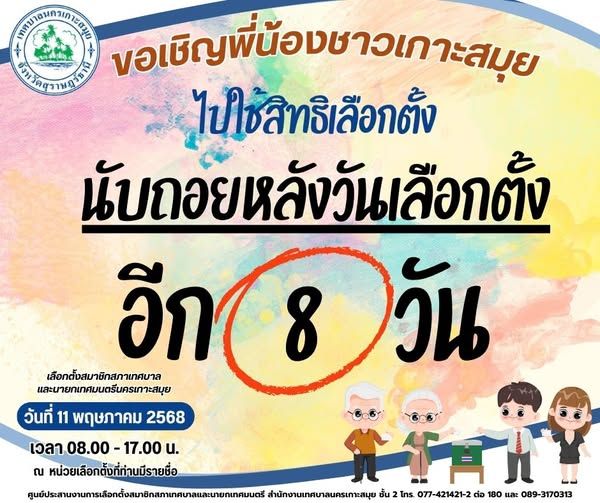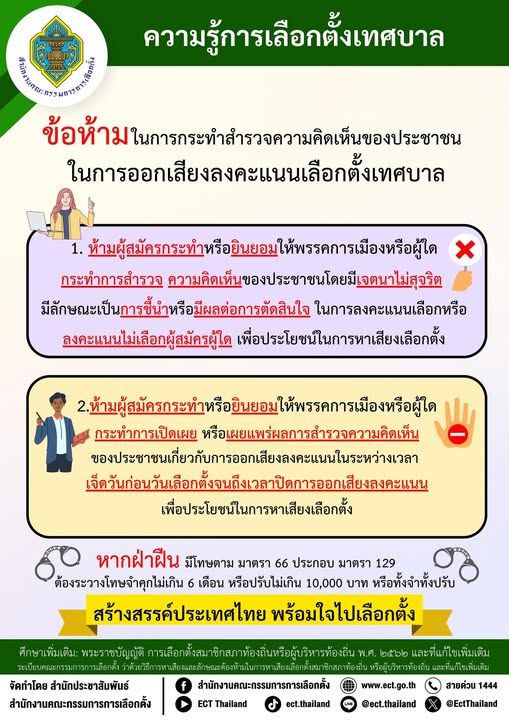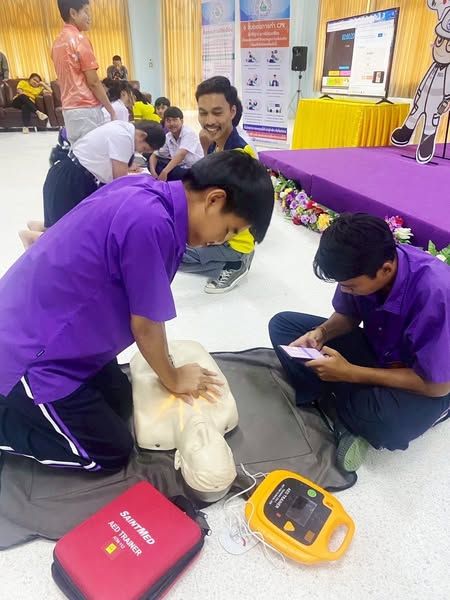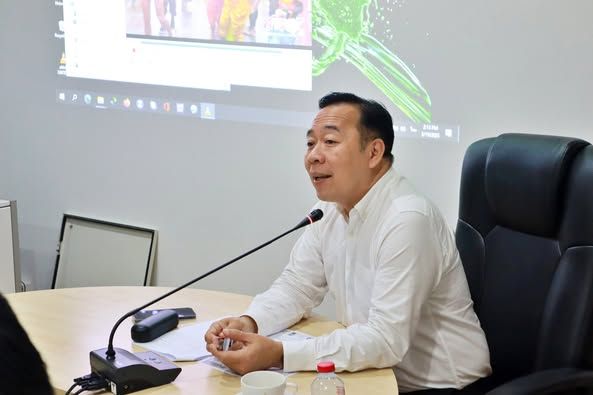Striving for Equilibrium Between Superpowers
As the global political landscape continues to shift, Thailand’s government faces the challenge of maintaining a balanced foreign policy between the United States and China. With Prime Minister Srettha Thavisin making his first international trip to the United Nations General Assembly (UNGA78) in New York, he has engaged in discussions with national leaders, executives from global companies, and key figures at both bilateral and multilateral levels. This move is seen as an attempt to strike a balance between Thailand’s relations with both China and the US, a crucial aspect of the country’s foreign policy.
Focusing on Economy, Security, and Technology
Foreign Affairs Minister Parnpree Bahiddha-Nukara has emphasized the importance of the economy, security, and technology in Thailand’s foreign policy. He aims to invite Thai ambassadors from abroad to attend meetings in Thailand and express confidence that the country will reclaim a more prominent role on the global stage. Maintaining neutrality and establishing strong relationships with neighboring countries are vital for the nation’s interests and security.
Rebalancing Relations with the US and China
According to security and international relations expert Panitan Wattanayagorn, the new government should focus on rebalancing its relations with the US, as its economy is improving. It is also crucial for Thailand to address its human trafficking issues to improve its rating in the US’s Trafficking In Persons Report. Meanwhile, the country should maintain its distance from the US and China in certain matters while seeking cooperation in areas like tourism.
Engaging with Emerging Economies
The Brics grouping, consisting of Brazil, Russia, India, China, and South Africa, represents 42% of the global population and is a force to be reckoned with. Thailand can benefit from trade with these countries, but it remains unclear what stance the new government will take regarding this group. The previous administration was criticized for adopting a “too quiet diplomacy” approach, with not enough publicity campaigns to support its foreign policy.
Strengthening Regional Security and Democratic Values
Experts believe the new government’s foreign policy should also focus on security along the western and southern borders of Thailand, dealing with the Myanmar crisis and southern insurgency. Legitimacy building should come from Thailand’s respect for democratic values, including elected senators, freedom of expression, and adherence to international norms.
Promoting Soft Power and Economic Growth
The government is encouraged to promote Thailand’s soft power, such as Thai boxing, Thai food, local products, new tourist spots, and cultural World Heritage sites, to attract more foreign tourists. Additionally, supporting the manufacturing of carbon-neutral products for sale in the global market can help strengthen the country’s economy.
Balancing Relations with Neighboring Countries
Thailand needs to maintain friendly relations with neighboring countries, as it still relies heavily on migrant workers from these nations. The prime minister’s upcoming trip to China is seen as a move to help achieve a balanced relationship with both China and the US. While it remains to be seen what the new government will accomplish after attending the UNGA78, the pursuit of a balanced foreign policy is essential for Thailand’s continued growth and stability on the international stage.




